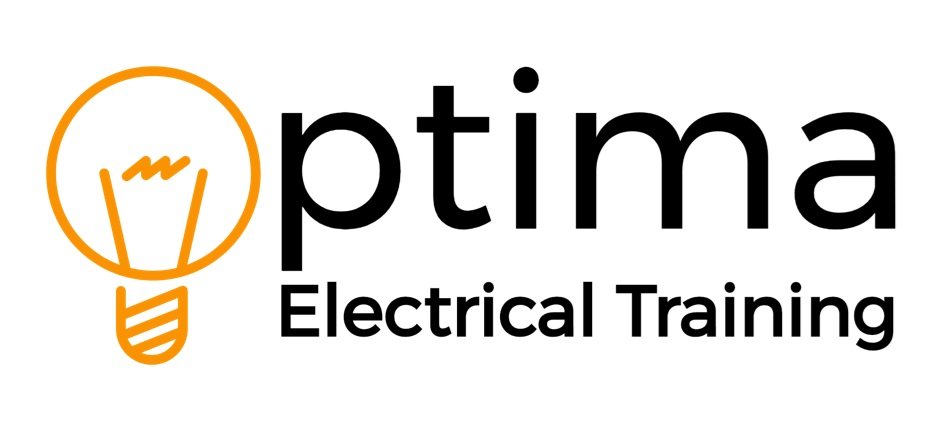Navigating the Impact of UK EV Rules: Challenges and Strategies for Fleet Operators
The UK's ambitious push towards zero-emission vehicles (ZEVs) is reshaping the landscape for fleet operators. With the government's ZEV mandate now in effect, fleet operators face a complex array of challenges and opportunities as they transition to electric vehicles (EVs).
Starting in 2024, the UK government requires that 22% of all new car sales and 10% of new van sales be zero-emission vehicles. These targets will increase annually, reaching 80% for cars and 70% for vans by 2030. Failure to meet these targets will result in significant fines: £15,000 per non-compliant car and up to £18,000 per non-compliant van from 2024 onwards. This stringent mandate aims to accelerate the shift towards EVs, though it places considerable pressure on manufacturers and fleet operators to adapt quickly (Home).
Automaker Strategies
Maria Bengtsson is EY’s U.K. electric vehicle lead.
Automakers are adopting various strategies to increase their electric vehicle sales in the UK to comply with the ZEV mandate and avoid substantial penalties. One approach is requiring fleet operators to purchase a certain proportion of EVs as part of their overall vehicle acquisitions. This tactic is part of a broader strategy to reduce the sales of petrol and diesel vehicles, aligning with the increasing ZEV mandate targets. For instance, by 2028, automakers must ensure that 52% of their new vehicle sales are ZEVs (Home) (Climate Group).
Challenges for Fleet Operators
Vehicle Supply and Variety: A significant challenge is the shortage of suitable EVs, especially in the commercial van sector. Many fleet operators are ready to invest but face difficulties in securing the necessary vehicles, complicating efforts to meet ZEV mandates and maintain operational efficiency (Climate Group).
Infrastructure and Charging: Fleet operators must invest significantly in charging infrastructure both at depots and on the road. This involves not only installing physical chargers but also integrating new technologies like vehicle-to-grid (V2G) systems, which allow EVs to act as a power reserve for the grid. Ensuring reliable and cost-effective charging solutions is critical for the widespread adoption of EVs (EY US).
Cost and Total Ownership: While EVs are becoming more competitive with internal combustion engine (ICE) vehicles in terms of total cost of ownership, the initial investment remains higher. Fleet operators need to adjust their financial models to account for these higher upfront costs and the potential long-term savings from reduced fuel and maintenance expenses (EY US).
Regulatory Compliance: Navigating the evolving regulatory landscape is another significant challenge. The ZEV mandate includes flexible mechanisms, such as allowing manufacturers to trade allowances for non-ZEV sales. However, fleet operators must stay informed and agile to comply with these regulations and avoid penalties (Home).
Strategic Recommendations
To successfully transition to EVs, fleet operators should:
Develop a Comprehensive Transition Plan: This plan should include timelines for vehicle replacement, budget allocations for infrastructure investment, and strategies for training staff on EV operations and maintenance.
Invest in Infrastructure Early: Proactively building charging infrastructure can mitigate future operational disruptions and ensure that fleet vehicles remain charged and ready for use.
Leverage Financial Incentives: Take advantage of government grants, tax reliefs, and other incentives designed to reduce the financial burden of transitioning to EVs. For more details, visit the UK Government's Grants and Funding page and the OZEV Grants.
Collaborate with Manufacturers: Engage with EV manufacturers to secure supply commitments and stay updated on the latest vehicle models and technological advancements.
What Does This Mean for Fleet Operators?
With automakers pushing for more EV sales, fleet operators will find it increasingly challenging to procure large volumes of petrol and diesel vehicles. Consequently, they may need to:
Diversify Suppliers: Shop around to secure the necessary petrol and diesel vehicles.
Accelerate EV Adoption: Accept the shift towards EVs to meet both automaker and governmental mandates.
Consider Fleet Renewal Delays: Delay fleet renewals, but bear in mind that ZEV mandate targets will increase, making future compliance even more challenging.
The transition to EVs presents both challenges and opportunities for UK fleet operators. By acting now and planning strategically, operators can not only comply with regulatory mandates but also position themselves at the forefront of the sustainable transportation movement.
For more detailed insights, you can refer to the sources on EY and Climate Group websites.
If you're considering a career change or looking to enhance your existing skills, now is the perfect time to take the initiative and enrol with Optima Electrical Training. With the availability of interest-free payment plans, it's easier than ever to get started.
Contact us today to embark on your training journey.
Contact us: Request Information
Email: info@optima-ect.com
Freephone +44 800 0371572



